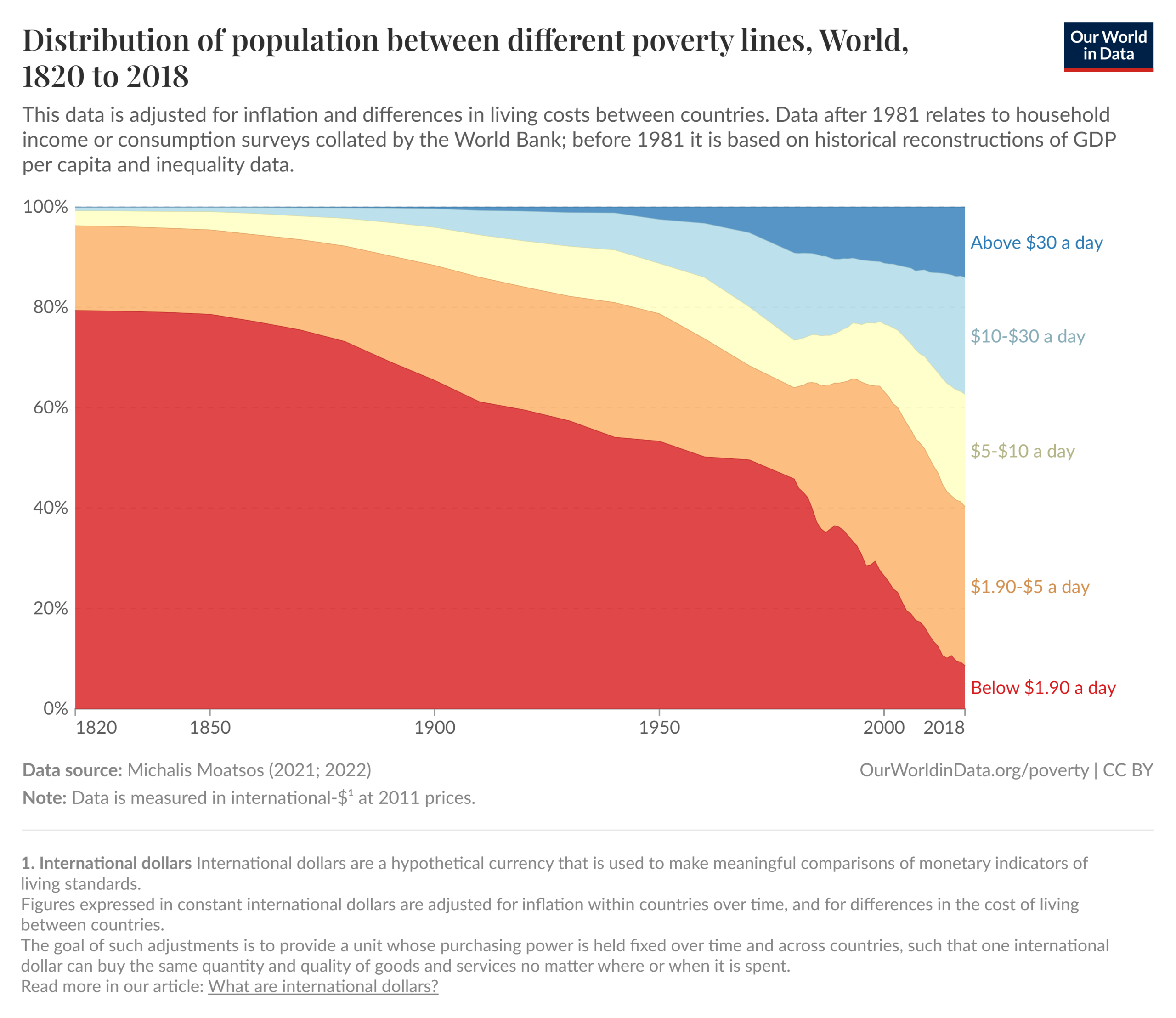FFS
The fundamental fact that Wolf ignores is that we live on a finite planet. The gains of the past, about which he enthuses, were built on cheap energy, abundant abuse of materials without taking into consideration the consequences of doing so, and a willingness to ignore the external costs imposed on society as a result of that indifference. That era is over. We face climate breakdown now. We are already on a dire path to 1.5 degrees Celsius of warming because we pretended that infinite growth was possible, and Wolf still wants more of the same. This is economic, social and climate madness. He might wish for increased productivity from consuming (and abusing) ever more of the world ‘s natural resources, whilst showing complete contempt for the rights of working people, but the stalling productivity numbers he quotes in his article do not show a failure of effort or the consequence of laws protecting labour rights; they show the natural consequence of economies hitting planetary and social limits.
Sigh.
First, growth is not coming back in the form he imagines, whether he thinks it necessary or not. Wolf might lament the collapse of postwar productivity miracles and clearly longs for their return, believing a combination of AI, other disruptive technologies, and greatly relaxed labour laws — allowing companies to dispense with their employees at will to the detriment of employees everywhere — might deliver them again.
Double Sigh.
Rising productivity allows you to do more with the same resources. That’s the very definition of rising productivity – more value of output from the same inputs. So, if 20th century growth wsa largely driven by rising productivity – it was – then 20th century growth is exactly the sort of growth that *we insist upon* for this new world of limited resources. Because the whole point of increasing prouctivity is greater value of output *from the same resources*.

